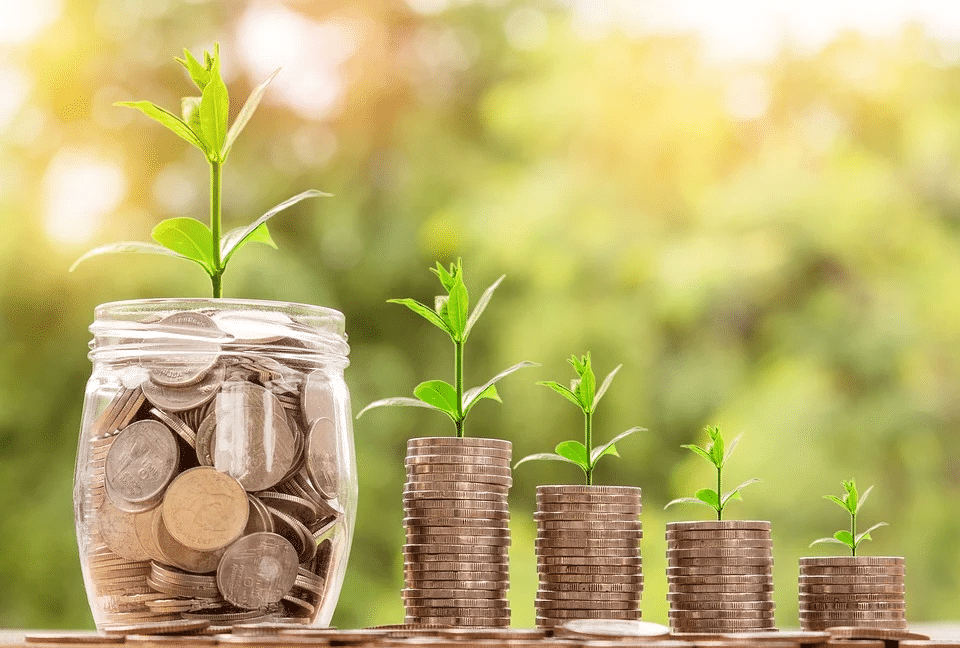
Toluna’s ‘Understanding the 2021 Consumer: Global Barometer’ is a regular index that taps into a community panel of 30+ million members providing accurate and timely information on the world’s perceptions regarding the Coronavirus. The latest research surveyed 1,083 people in the UK.
Key findings:
We’re more financially conscious
15 months into the COVID-19 pandemic, our personal finances are weighing heavily on our minds with 38% of people worried about financial security.
• 35% of those surveyed said they’re less well off now than they were before Covid-19 hit
• 49% were no better off or no worse off
• 15% of those questioned are better off
• 1% preferred not to say
The pandemic has made people much more aware of their financial situation and risk. As a result, they have become more responsible about money and plan to become more financially secure:
• 23% of us have pledged to pay off our debts
• 34% of us have vowed to get better at budgeting
• 41% of people will now save more money to prepare for rainy day / unexpected events
But we’re spending more time with loved ones and have undergone some key changes in our everyday living
Although restrictions have hugely changed how we lead our lives perhaps one positive we can all take from it is the more time we now spend with our nearest and dearest.
Over a third of people said that the biggest change in their lives since March 2020 was the amount of time they’re now spending with family.
In terms of other changes – from how and where we shop, our attitudes towards exercise and dining out to our views on personal health – the research revealed:
Shopping habits
• 58% of us are trying to buy groceries that have less plastic packaging.
• 32% of people now shop local, choosing more independent, smaller brands for their groceries – which is great news for small businesses and local communities.
• 26% of us now prefer the convenience of shopping delivered to their door.
Health trends
• We’re much more motivated to look after our health more with 49% of us interested in wellbeing products that improve our health.
• 38% of respondents are looking after their health more, taking more vitamins and supplements, for example.
• Despite gyms and fitness centres re-opening, 36% will continue to exercise outdoors or from home, demonstrating a marked change in how we keep fit.
• 30% of people will continue to experiment with food at home and cook homemade meals despite restaurants and cafes now open.
Personal values
• 36% of people in the UK have stopped buying from brands that do not align with their personal values.
• 68% of us actually go out of our way to connect with brands who we feel share the same moral compass as us.
• A resounding 84% of those surveyed believe brands should be held accountable for their actions – we hold them in high regard and have very high expectations of how we believe brands should act and what they should do.
Lucia Juliano, Head of FMCG Research at Harris Interactive, said: “It’s clear that the COVID pandemic has not only changed our entire lives but left a permanent imprint on what we value, what’s important to us, and changed our everyday behaviours from how we shop, where we work to what we eat, where from and how we exercise. With repeated lockdowns, furlough and job losses, financial security continues to dominate our thoughts as we place increasing importance on being more financially aware and responsible and managing our money better, with more savings, that will help us through unexpected events that lie outside of our control like COVID. We’re also being more vocal about what we value in life and demonstrate that through the brands we buy and the purchases we make. We expect a lot more from brands now and that shows in what influences our choices to buy – or not buy – from a brand.”
Source: Toluna
